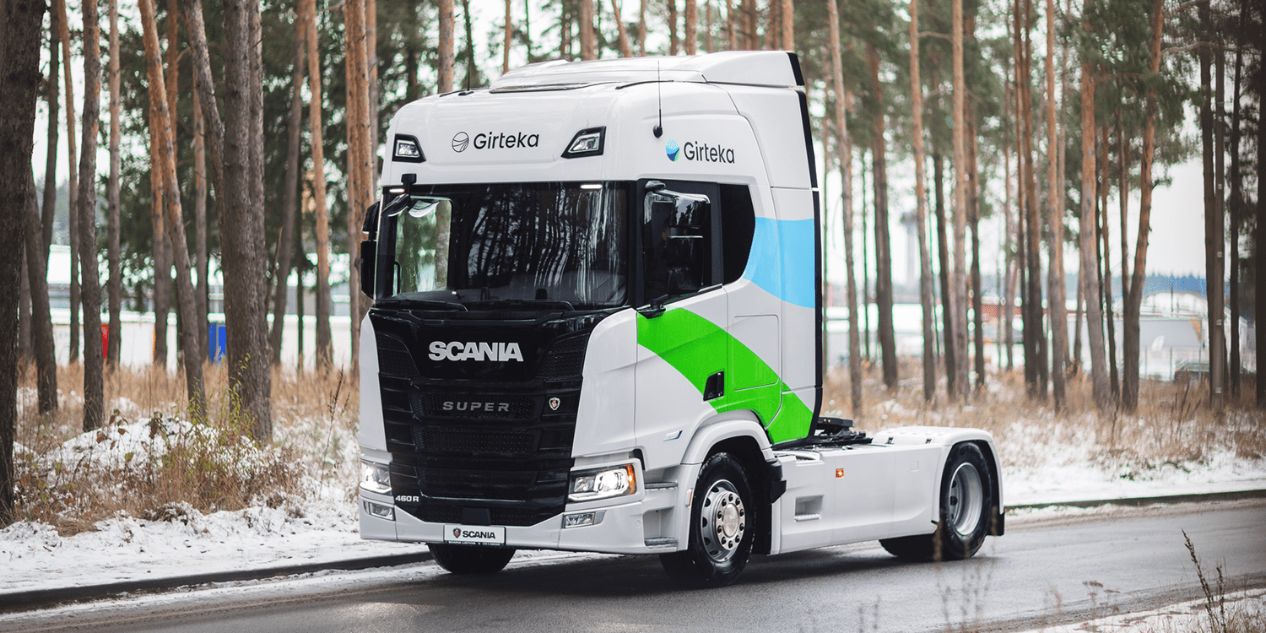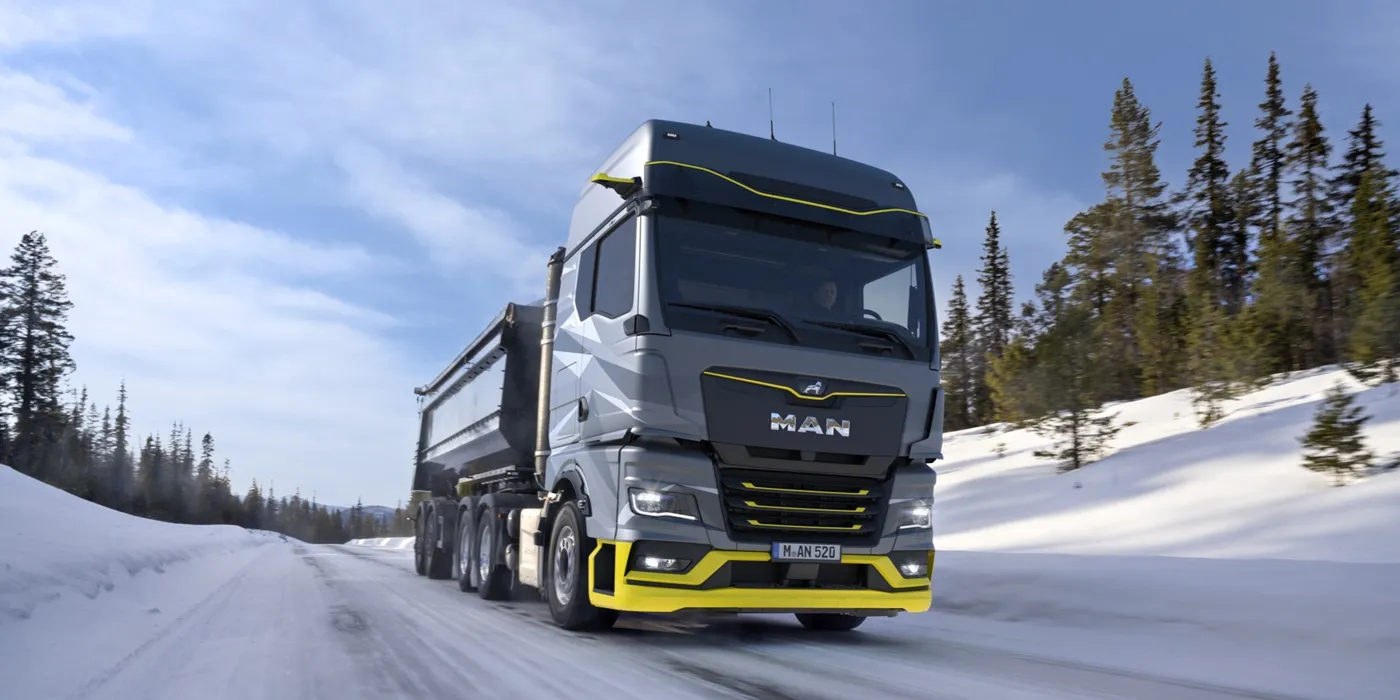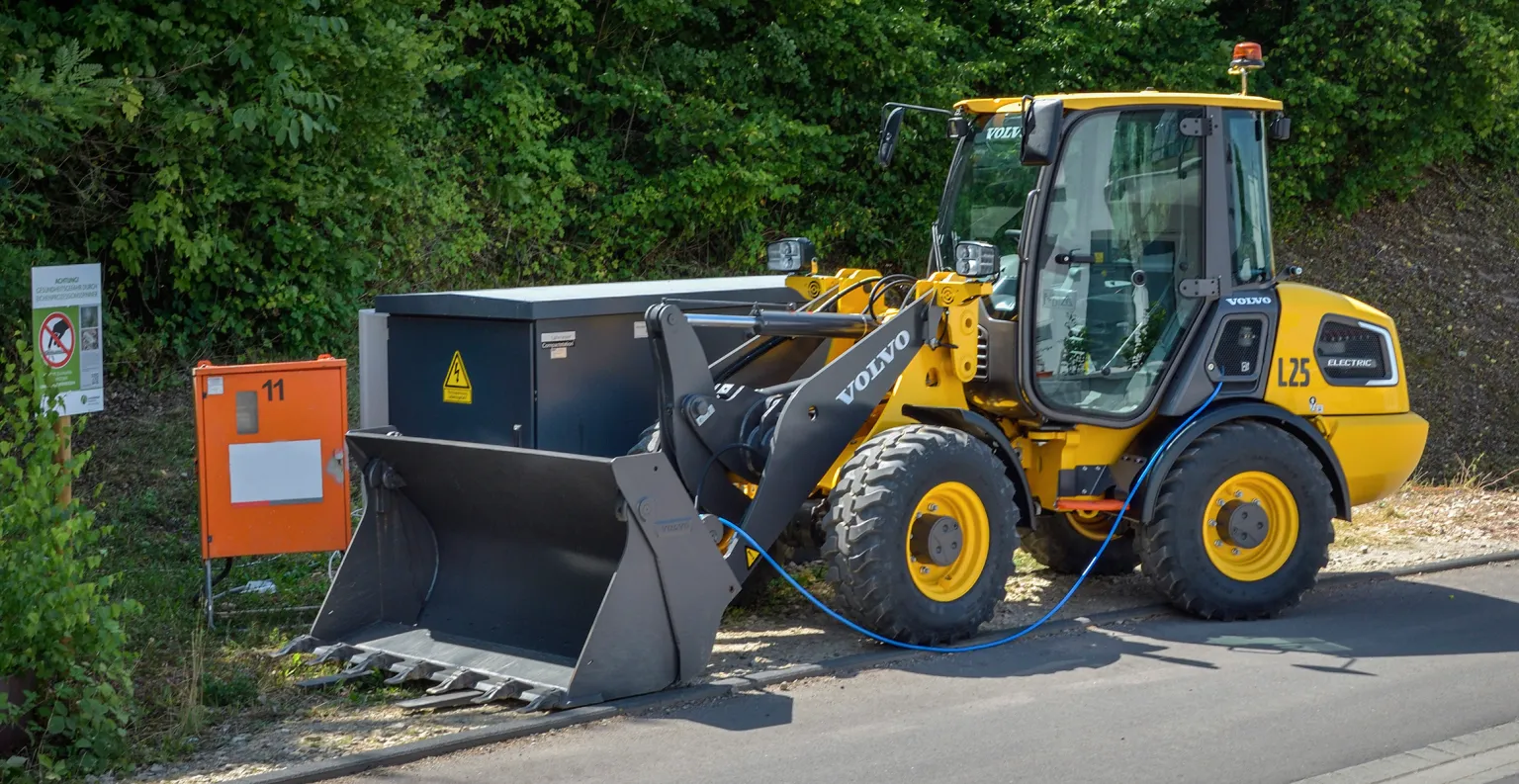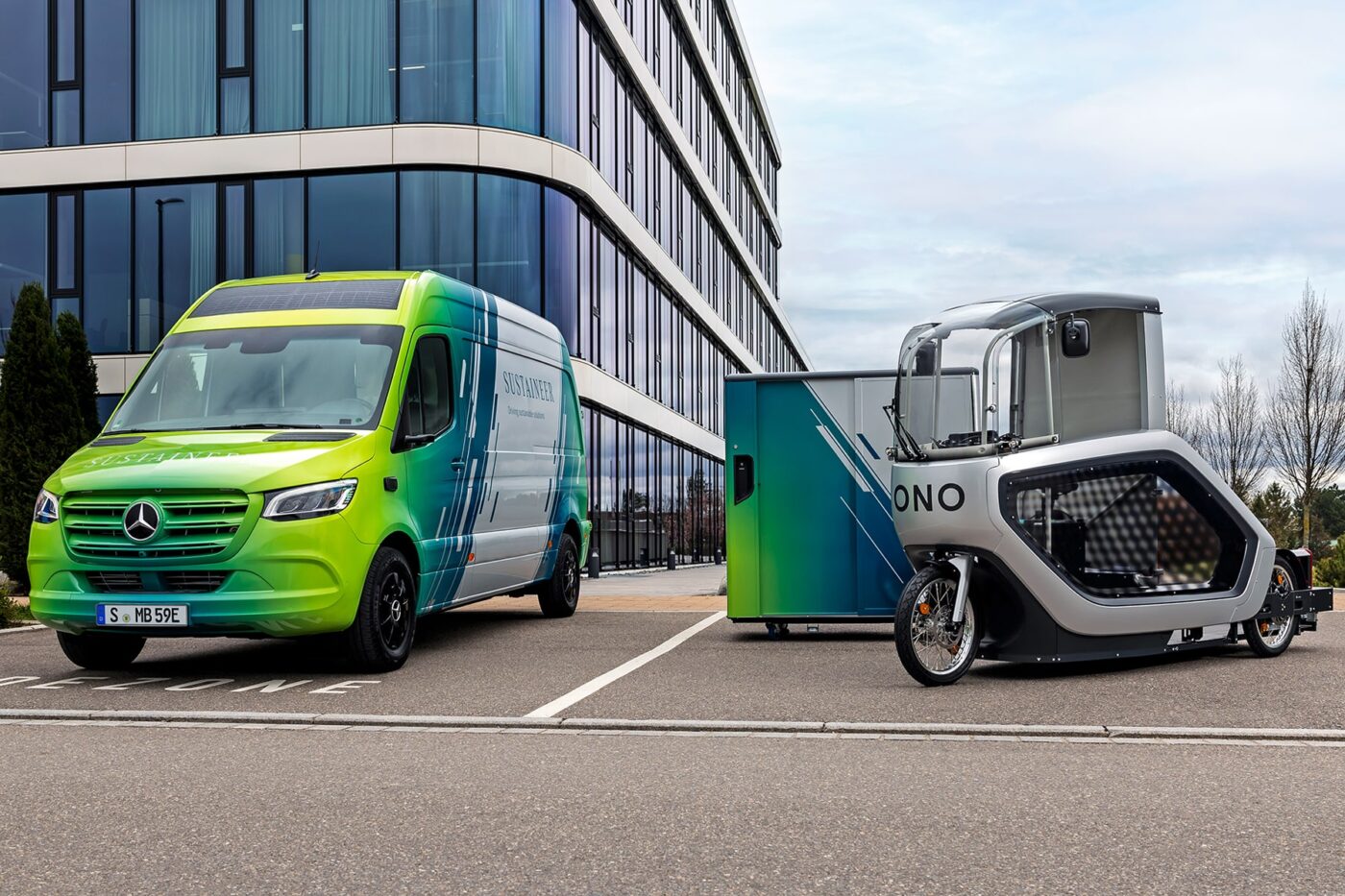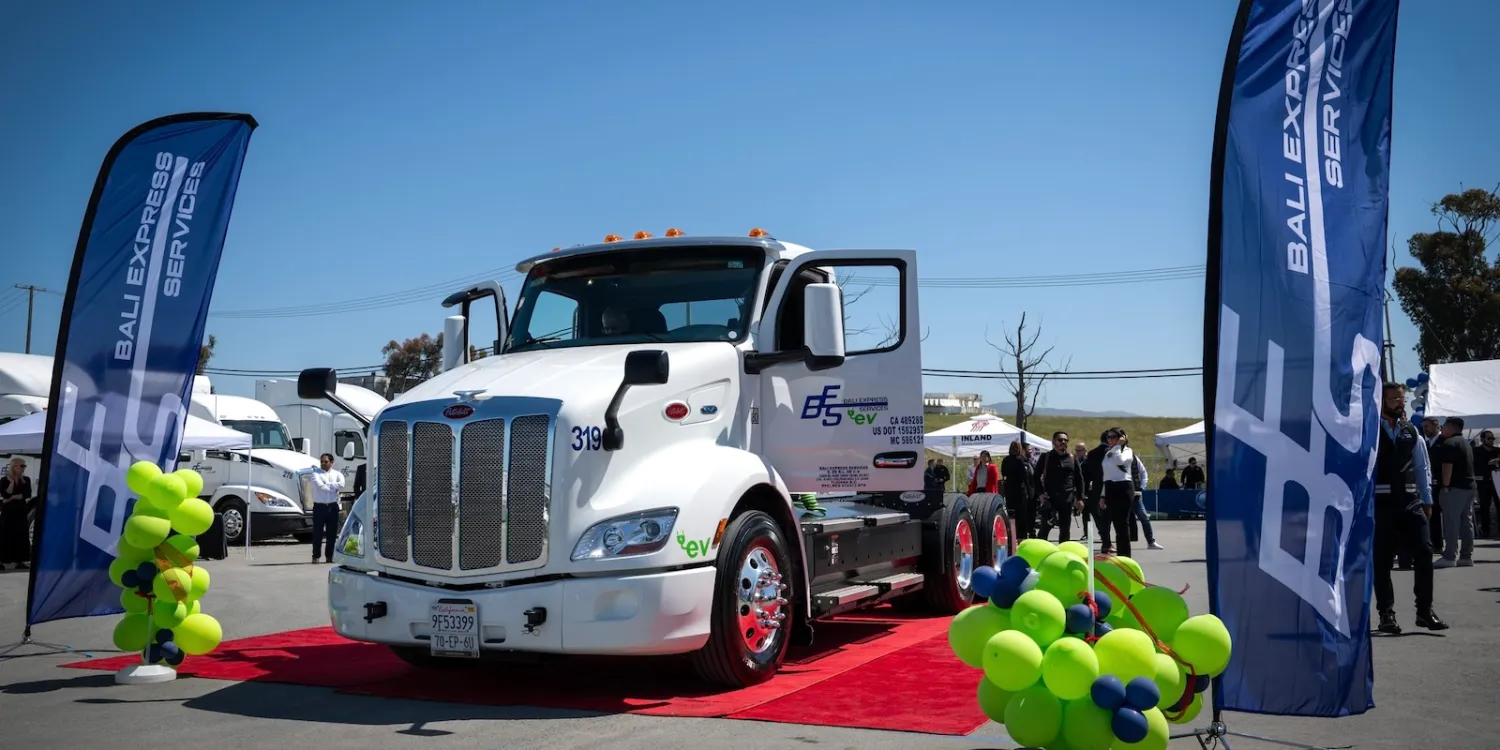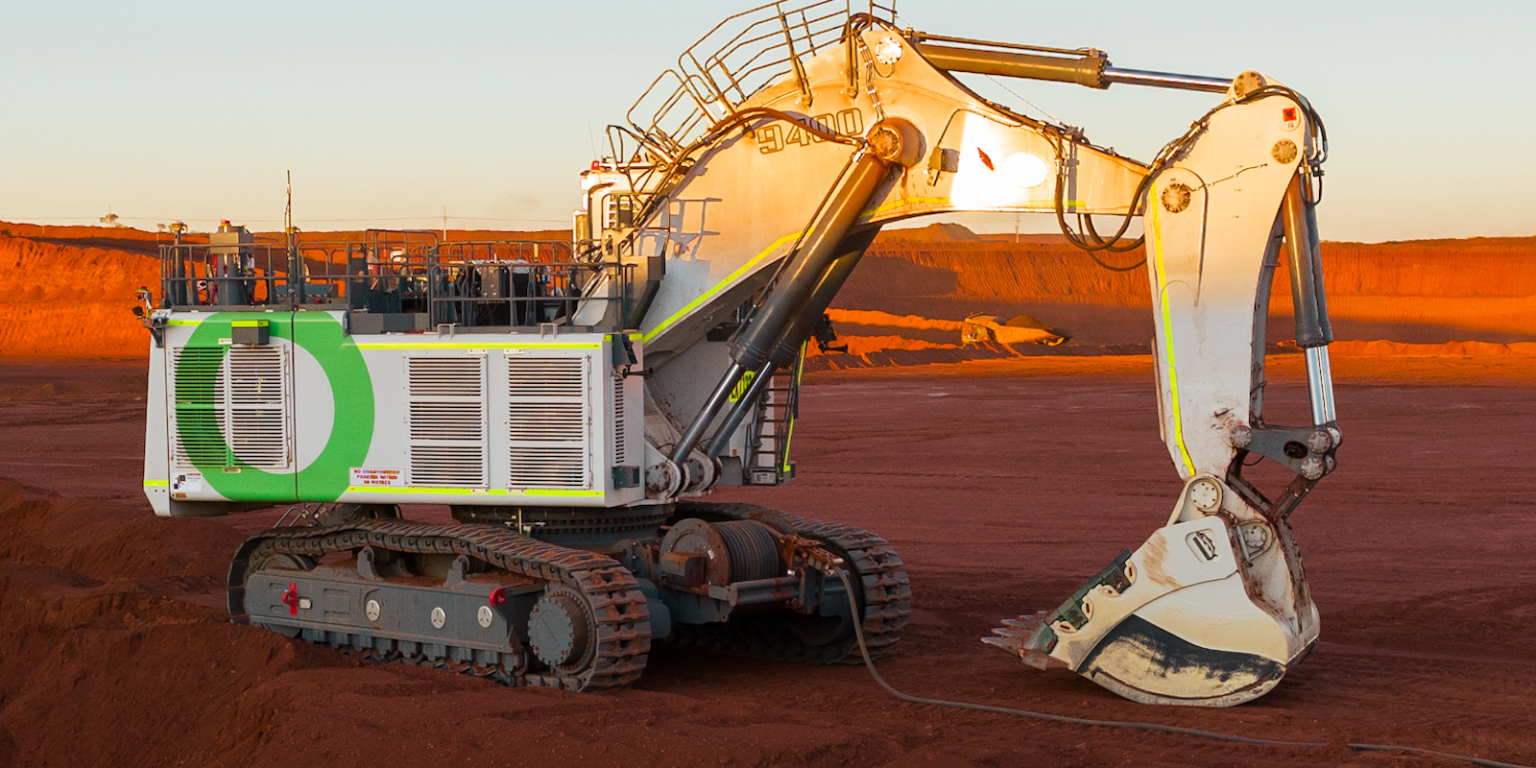The European Parliament has thrown its support behind new CO2 standards for trucks and buses in the EU, paving the way for emission-free buses by 2035 and nearly all trucks by 2040. The move, which still requires approval from the European Council, is seen as a formality.
MEPs voted in favor of the policy, which aims to regulate emissions from new trucks, buses, and trailers. Under the new standards, manufacturers must reduce the average emissions of trucks weighing over 7.5 tonnes and coaches by 45% from 2030, by 65% from 2035, and by 90% from 2040. These targets will also apply to professional vehicles such as refuse collection and construction vehicles from 2035. Additionally, manufacturers of truck trailers must improve emission values by 10% by 2030.
The targets align closely with the Commission’s original proposals and the provisional agreement between Parliament and Council reached in February. One notable change is the extension of the deadline for 100% zero-emission buses from 2030 to 2035.
The regulation will significantly expand the scope of the current standards, covering 90% of new trucks sold compared to the current 65%. However, three categories are not covered by the regulation, including small series manufacturers and vehicles for mining, forestry, and agriculture, as well as vehicles for use by the armed forces, fire brigade, civil defence, public order, and medical care.
The regulation also includes a commitment to review the regulation in 2027, particularly regarding e-fuels. The German FDP successfully pushed for this commitment, ensuring a potential reconsideration of e-fuels at a later date.
Environmental organizations and industry players have welcomed the decision. Scania, a commercial vehicle manufacturer, praised the ambition of the targets, calling it a strong signal to the market. However, Scania emphasized the need for rapid expansion of the charging network to meet the targets.
The International Council of Clean Transportation (ICCT) hailed the legislation as historic, offering clarity to the industry and promoting zero-emission heavy vehicles as the most feasible route to meet Europe’s climate goals.
Transport & Environment (T&E) highlighted the benefits for European manufacturers, noting that the law will help them compete with foreign manufacturers of electric trucks. T&E expects the targets to result in at least 31% of new trucks and buses sold being zero-emission by 2030, and more than three-quarters by 2040.

